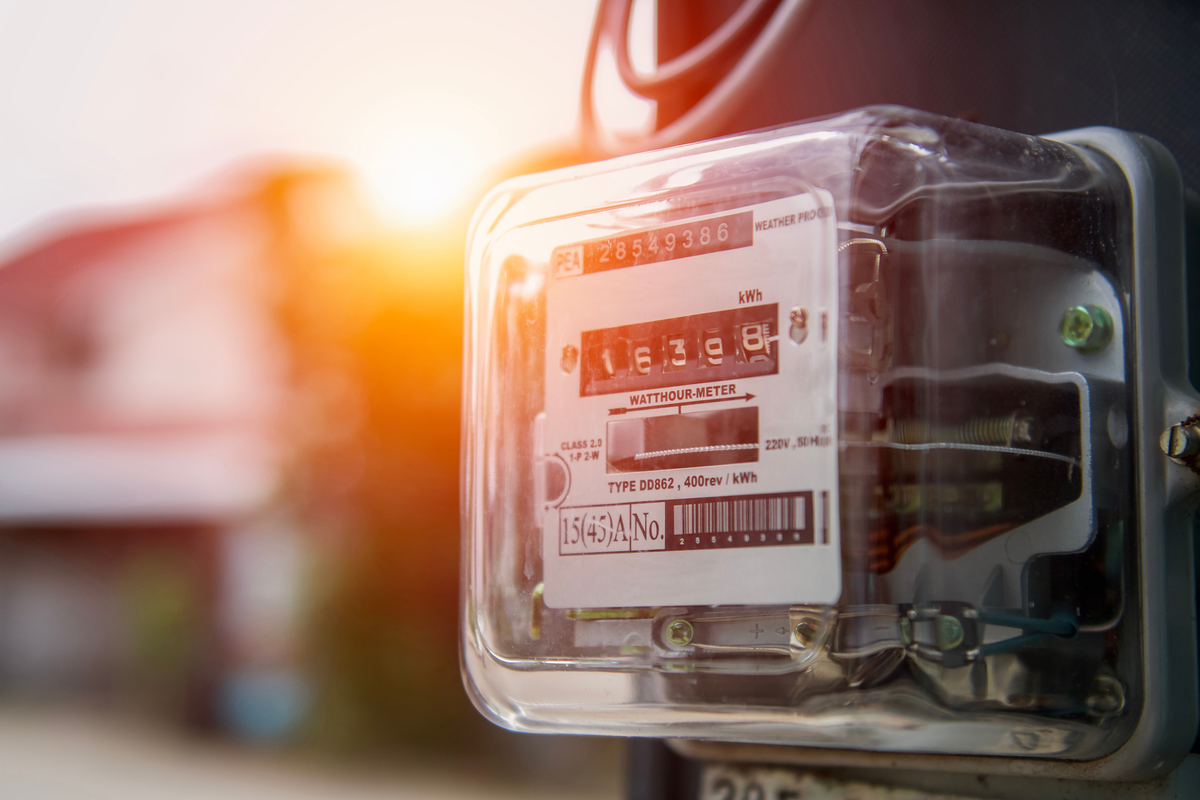Dear visitor,
You're reading 1 of your 3 free news articles this quarter
Register with us for free to get unlimited news, dedicated newsletters, and access to 5 exclusive Premium articles designed to help you stay in the know.
Join the UK's leading credit and lending community in less than 60 seconds.
Neon Reef and Social Energy Supply cease trading
Two energy suppliers with a combined total of more than 35,000 domestic electricity customers have announced they have ceased trading.

Senior Journalist, covering the Credit Strategy and Turnaround, Restructuring & Insolvency News brands.
Under regulator Ofgem’s supplier of last resort process, the energy supply for the domestic customers of Neon Reef and Social Energy Supply will continue and their funds will be protected, where they are in credit. They will also be protected by the energy price cap when being switched to a new supplier.
More than 20 energy suppliers have left the market since the start of 2021. The majority of these have left the market over the past couple of months.
A lot of smaller suppliers have been heavily hit by the current gas price crisis, which has seen gas in the UK being traded as high as 400p a therm. This resulted in regulator Ofgem’s energy price cap going up by £139 at the start of October for people on a default tariff - from £1,138 to £1,277 - while prepayment customers saw an increase of £153 - going from £1,156 to £1,309.
This is added to the fact that more than half a million households are entering winter in debt to their energy provider this year when compared to 2020, according to research from comparison firm Uswitch.
More than three million households will enter winter owing money to their energy supplier - with an average debt of £153. Overall, households owe suppliers £510m - a rise of £77m when compared to 2020 - with many feeling additional pressures caused by the rising cost of energy.
In addition to this, 59% of consumers were worried about how they’re going to pay for energy bills, with 17% saying they will avoid putting the heating on just to keep energy bills down. Of those in debt, 62% say their debt is higher or the same as it was last year, while 13% say the amount they owe is lower.
Stay up-to-date with the latest articles from the Credit Strategy team
Get the latest industry news






